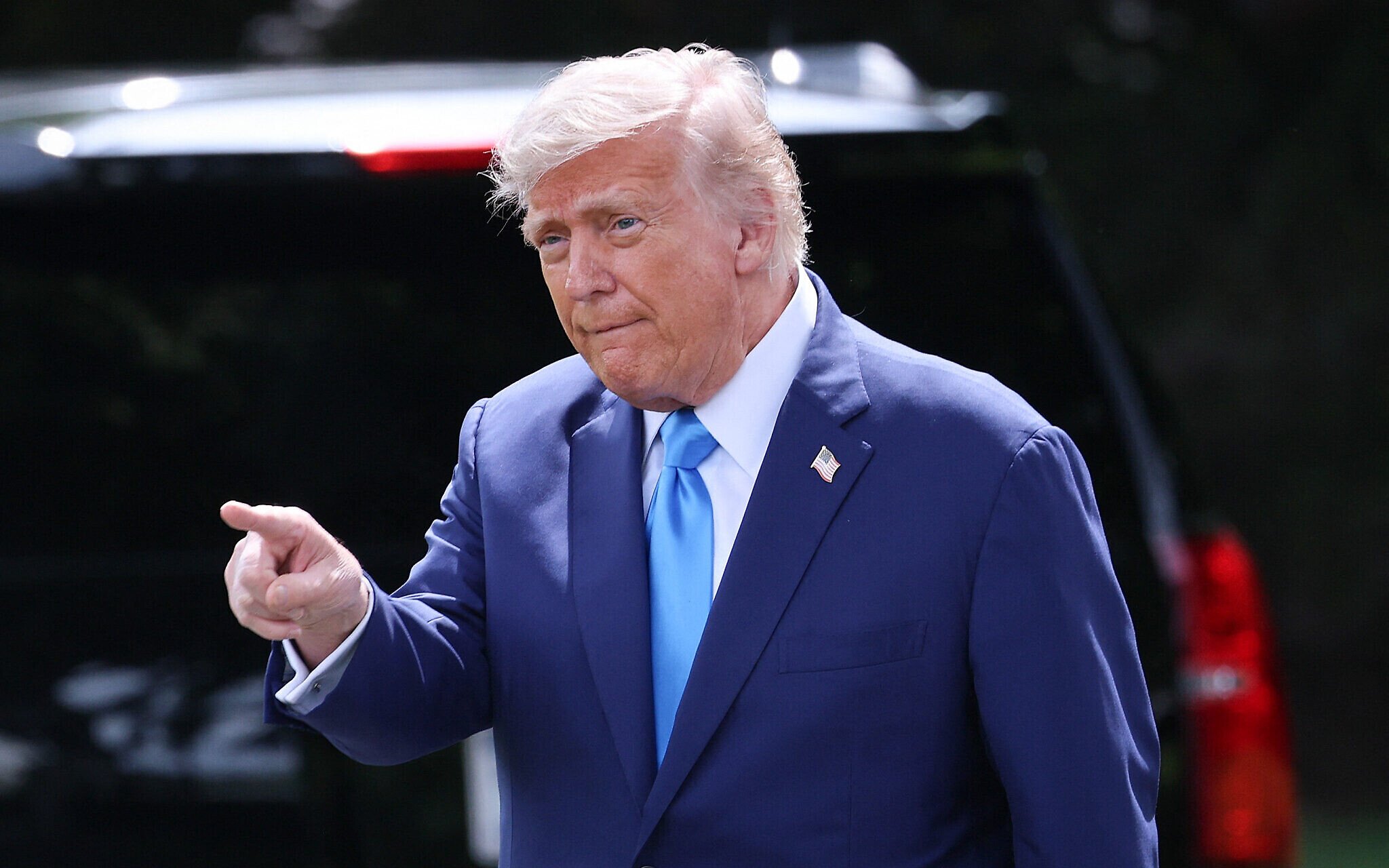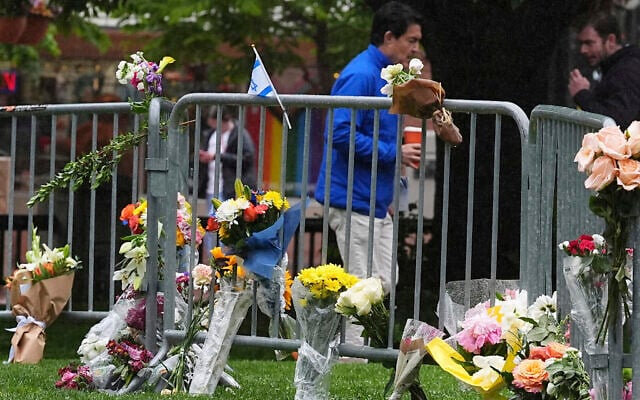



Tehran denounced on Saturday US President Donald Trump’s travel ban on Iranians and citizens of 11 other mostly Middle Eastern and African countries, saying Washington’s decision was a sign of a “racist mentality.”
Trump on Wednesday signed an executive order reviving sweeping restrictions that echo his first-term travel ban, justified on national security grounds following a firebomb attack in Boulder, Colorado, that targeted a rally for hostages held by terror groups in Gaza. The measure is set to take effect on Monday.
Alireza Hashemi-Raja, the Iranian foreign ministry’s director general for the affairs of Iranians abroad, called the measure “a clear sign of the dominance of a supremacist and racist mentality among American policymakers.”
The decision “indicates the deep hostility of American decision-makers towards the Iranian and Muslim people,” he added in a statement released by the ministry.
Apart from Iran, the US ban targets nationals of Afghanistan, Myanmar, Chad, Congo-Brazzaville, Equatorial Guinea, Eritrea, Haiti, Libya, Somalia, Sudan and Yemen.
A partial ban was imposed on travelers from seven other countries, including Cuba. In separate X posts on Thursday and Friday, Cuban Foreign Minister Bruno Rodriguez said the measure had a “racist backdrop,” and that the targeting of his country was a bow to US Secretary of State Marco Rubio, who is Cuban-American, among other “anti-Cuban politicians who make a fortune by suffocating our people.”
Hashemi-Raja, the Iranian official, said the policy “violates fundamental principles of international law” and deprives “hundreds of millions of people of the right to travel based solely on their nationality or religion.”
The Iranian foreign ministry official said that the ban was discriminatory and would “entail international responsibility for the US government,” without elaborating.
The United States is home to the largest Iranian community outside Iran. According to figures from Tehran’s foreign ministry, in 2020, there were some 1.5 million Iranians in the United States, however, many are hostile to Tehran’s regime.
Iran and the US severed diplomatic ties shortly after the 1979 Islamic Revolution, and relations have remained deeply strained since. However, the two countries have been negotiating indirectly since April for US sanctions relief in exchange for greater oversight of Iran’s nuclear program.
Iran’s late supreme leader, Ayatollah Ruhollah Khomeini, who led the 1979 revolution, designated the US as the “great Satan,” with Israel the “little Satan.” The designation continues to feature in speeches by Iran’s leaders, who are sworn to Israel’s destruction and back a regional network of anti-Israel proxies.

